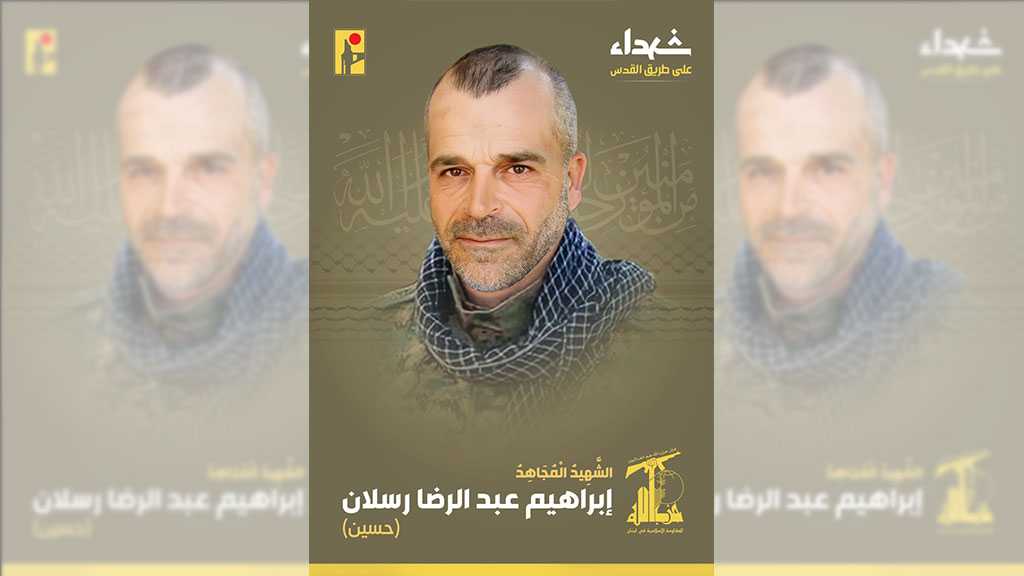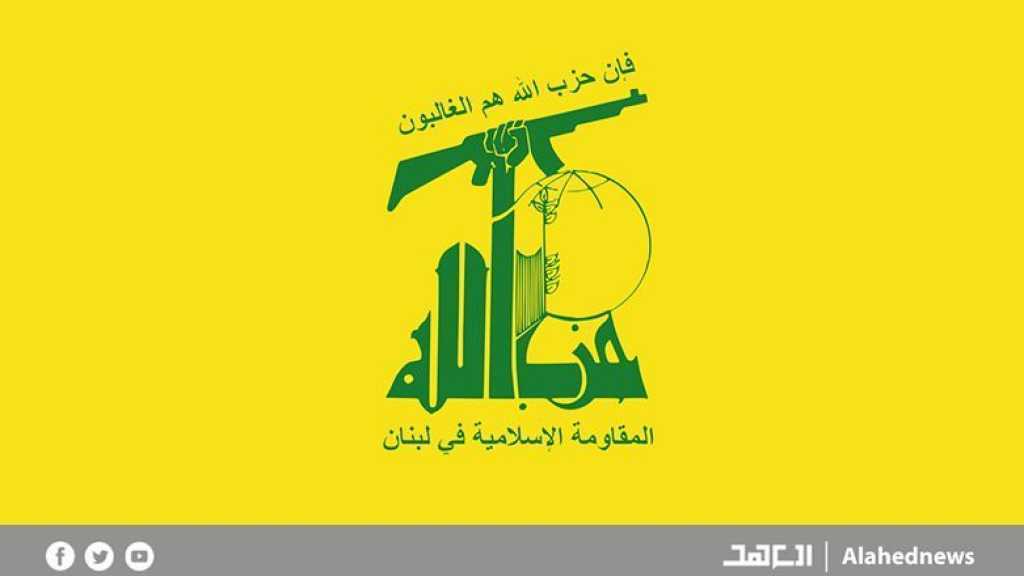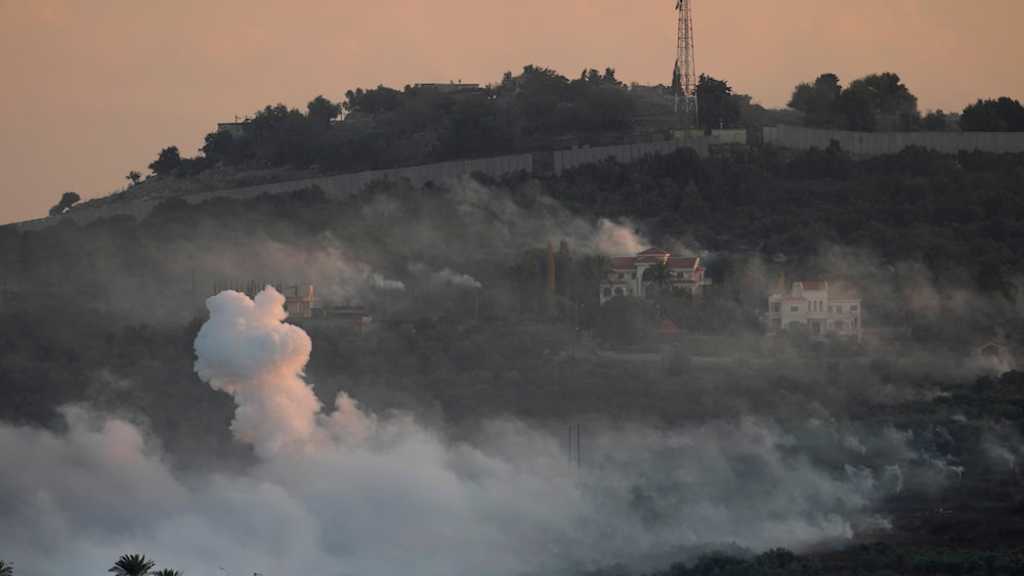
Lebanese Cabinet to OK Budget, Agree Vote Law
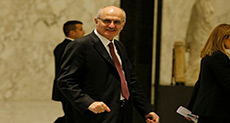
Local Editor
Lebanese ministers vowed Wednesday that the country's most contentious political issues would be resolved by the end of February, saying a state budget would be approved and an electoral law would be set.

Finance Minister Ali Hasan Khalil said that a series of consultations would lead to a draft budget bill being passed by the end of the month.
"The budget will be passed before the end of February. This was stressed today at the Cabinet session by the president and after a series of contacts with the various political powers that committed to facilitate this," the minister said. "The Cabinet will hold a series of meetings to accomplish this goal."
Khalil added that he had insisted on including a higher salary scale for civil servants which he said he had tied to a series of recommended tax rules that do not target the poor but would rather come from taxes on banks and large corporations.
A series of security incidents and deep rifts among political parties left the state without a budget since 2005, leading to millions of dollars in uncontrolled extra-budgetary spending. A 2017 state budget is essential to limiting state funding and reining in the more than $74 billion in public debt.
Ahead of Wednesday's Cabinet session, Khalil had said he would present the budget proposal and be open to discussions on the issue.
Among the proposals are a 1-percentage-point increase to the value added tax from its current 10 percent rate, a 2-percentage point increase on interest rate taxes for customer bank deposits from 5 percent, a 2-percentage point increase in taxes on corporate profits from the current 15 percent, and the imposing an additional tax on real estate transactions.
Yet the minister insisted the proposal was by no means final. The Change and Reform bloc, once headed by President Michel Aoun, is demanding an $11 billion audit of extra-budgetary spending by former Prime Minister Fouad Siniora's government between 2005 and 2009, which may thwart Khalil's passage of the draft bill in Parliament.
Wednesday's Cabinet session also included a second revelation. During a meeting with a 19-member EU delegation, Interior Minister Nouhad Machnouk said the parliamentary electoral law should also be agreed on by the end of the month.
"The ministers, during the Cabinet meeting, heard news from President Michel Aoun and Prime Minister Saad Hariri that a new electoral law will see the light of day before the end of February," Machnouk said at the meeting. "We have no choice but to hold parliamentary elections on time and we have no doubt that they will happen because we cannot talk about democracy in Lebanon [without] holding elections."
While he promised they would happen and under a new law, the minister remained vague on whether they would in fact take place on time. "That is related to the content of the law and the changes that it would bring about on the level of the electoral mechanism," he said.
Lebanon is scheduled to hold parliamentary elections in May but officials are racing against time to decide on the new law before Feb. 21, when the constitutional time limit expires for a new law ahead of the polls in May. Elections were postponed twice, in 2013 and 2014, over security concerns.
Aoun and Hariri held a closed-door meeting before the session, with the president reiterating calls on the international community to establish "safe zones" in Syria to allow the return of refugees, but conceded that this would be difficult to implement.
"I believe that [agreeing] on such a matter would be difficult," he said, citing differing opinions on whether the safe zone should be supervised by the United Nations or local authorities. "[Lebanon] bears huge burdens due to the refugee influx," he said, pointing out that foreign officials visiting Lebanon have acknowledged the "size of this problem ... but no concrete measures have been taken to resolve [the crisis]."
Hariri warned that Lebanon was "becoming a camp for refugees," urging the international community to include the whole country in aid packages and not just limit assistance to certain areas.
He added the government was discussing the prospects of aid called for by Lebanon with State Minister for Refugees Mouin Merehbi, calling on ministers to cooperate to actualize "crucial projects."
Lebanon is currently hosting 1.03 million registered Syrian refugees, though the Lebanese government estimated numbers might be more than 1.5 million.
The premier told the Cabinet that a Saudi-Lebanese commission would be formed to follow up on matters of mutual interest for Lebanon and Saudi Arabia, adding that agreements with the Gulf state should be reactivated, particularly those concerning the economy. His statements come days after Saudi Minister of State for Arab Gulf Affairs Thamer al-Sabhan arrival to Lebanon.
Source: News Agencies, Edited by website team
Comments
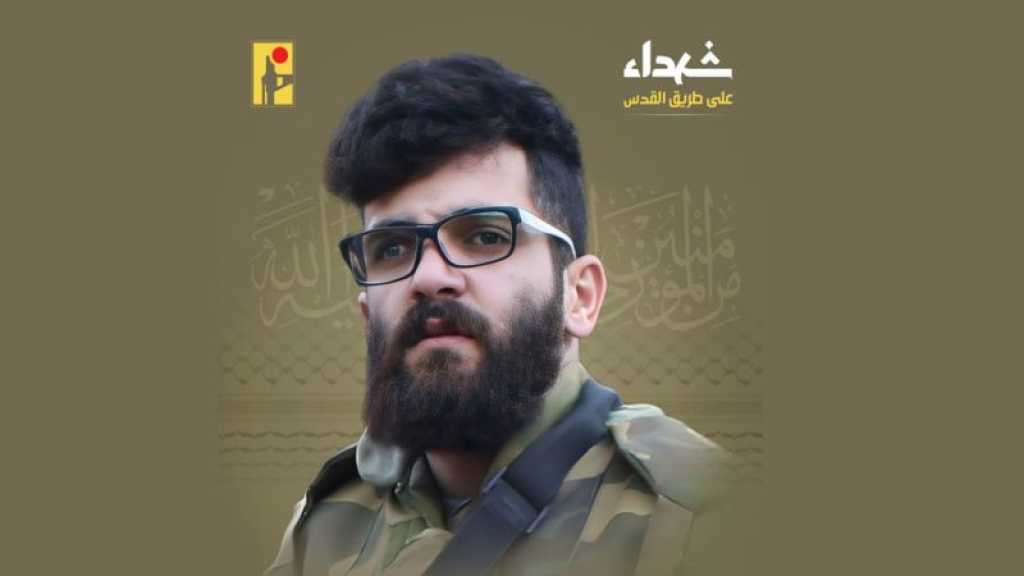
Hezbollah Mourns Martyr Hussein Nimer Masarrah
4 months ago